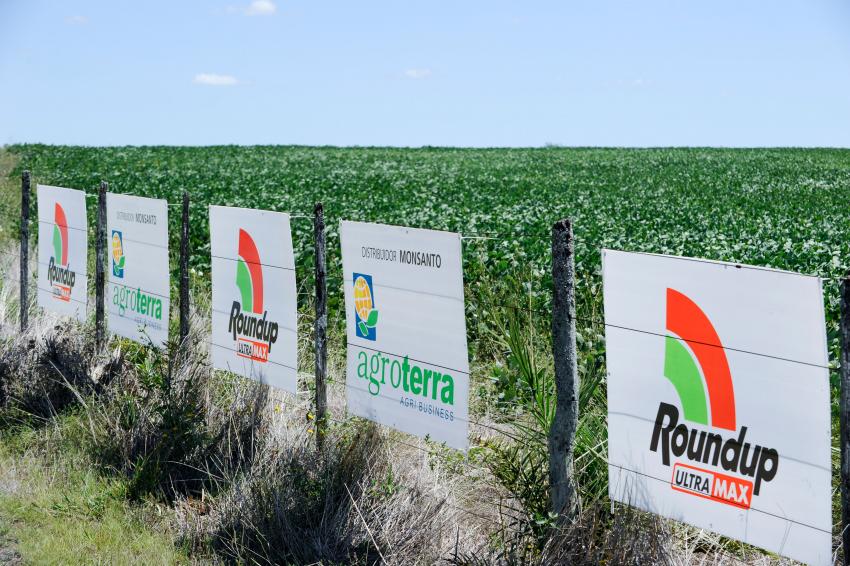Bayer Ready to Wind up Glyphosate Suits?
12.08.2019 -
As the number of lawsuits from people claiming that Monsanto’s Roundup herbicide caused their cancer mount – to currently more than 18,000 –signals increasingly point to an out-of-court settlement.
The Bloomberg news agency said on Aug. 8 that Bayer is proposing to pay $6-8 billion to settle all of the cases, as fallout from the Roundup discussion has erased more than $30 billion of its market value, prompted an unprecedented shareholder vote of no confidence in its management and fueled speculation about a breakup.
In presenting financial results for the 2019 first half at the end of July, CEO Werner Baumann hinted that Bayer would consider a “financially reasonable” settlement as the number of lawsuits from people claiming Roundup caused their cancer rises – now more than 18,000 – and hinted that the German group is “constructively engaging” with a court-appointed mediator, Ken Feinberg, who is overseeing cases consolidated in federal court.
“There have been absolutely no discussions to date of dollars or what the compensation would be for a global resolution” of the cases, Feinberg said.
Bloomberg’s sources said that the plaintiffs’ expectations as to what a settlement could achieve exceeded $10 billion.
Activist investor Elliott, which in June disclosed that it has a $1.3 billion stake in Bayer, has urged the German group to consider settling out of court. Elliott has also joined the chorus of voices urging it to split its pharmaceuticals and agrochemicals businesses or exit agriculture.
Those supporting the thesis that Bayer is considering a settlement note that the group’s lawyers have asked two judges in St. Louis to push back cases set for trial starting soon. The next case was due to be heard from Aug. 19 in state court in Monsanto’s home town.
Carl Tobias, a University of Richmond law professor who teaches about mass personal injury litigation, said paying less than $10 billion now could a good move Bayer. Should it lose the St Louis cases, a settlement demand could balloon to $20 billion.”





